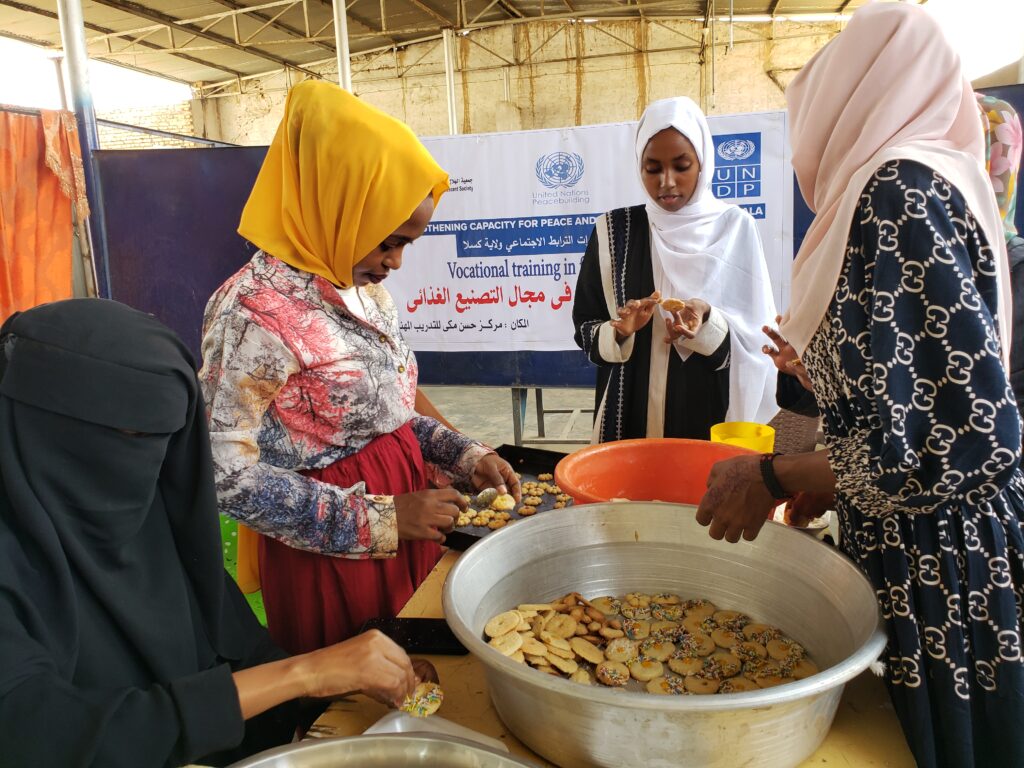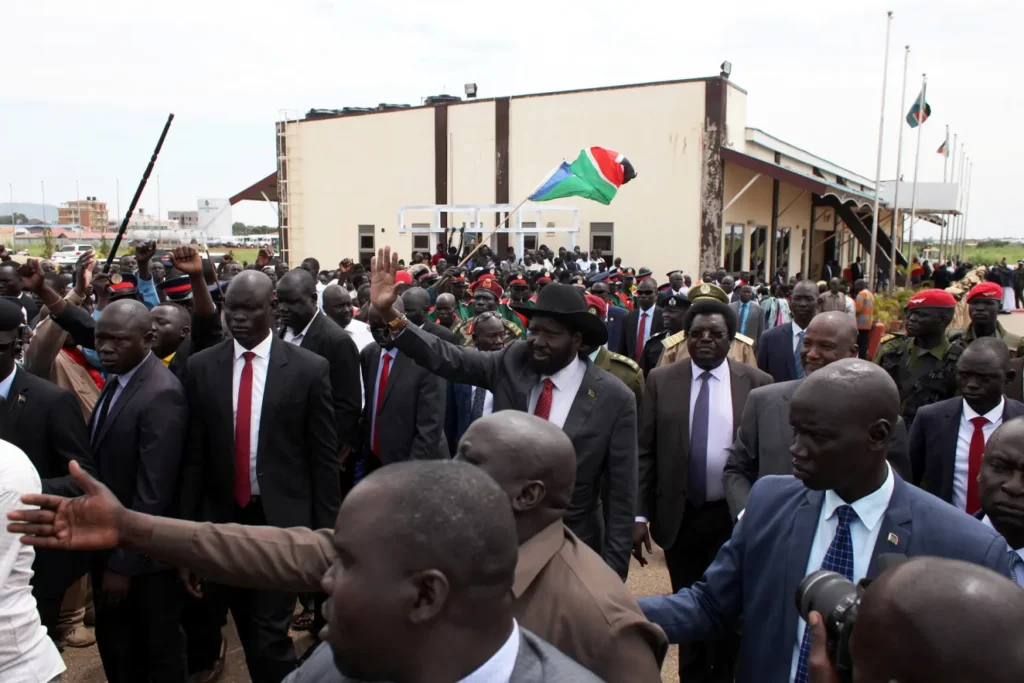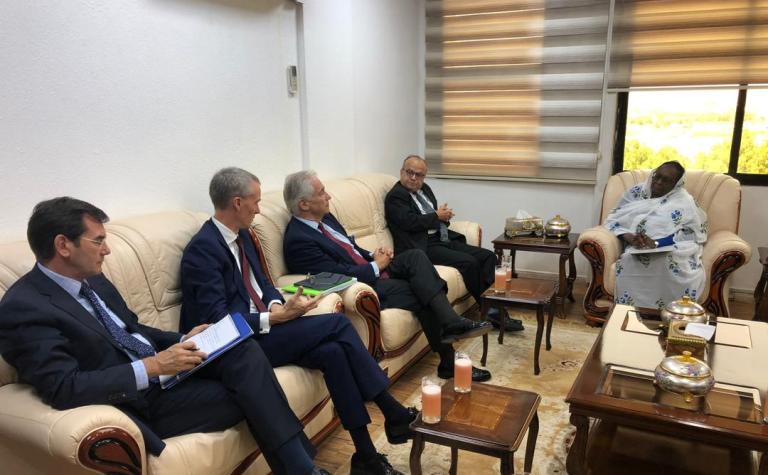
Egypt declared the resumption of negotiations concerning Ethiopia’s contentious mega-dam on Sunday following last month’s agreement to seek a resolution after years of strained relations between the two nations.
After years of discord on the matter, Egyptian President Abdel Fattah al-Sisi and Ethiopian Prime Minister Abiy Ahmed, who had been in conflict, reached an accord in July to conclude an agreement within a span of four months.
The two leaders met on the sidelines of a summit of African leaders from war-torn Sudan’s neighbours seeking to end the conflict that has raged there for over four months.
“A new round of negotiations on the Renaissance Dam began Sunday morning in Cairo, with the participation of the Egyptian, Sudanese and Ethiopian delegations,” the Egyptian Ministry of Water Resources and Irrigation announced.
Since Ethiopia commenced construction on the substantial $4.2-billion Grand Ethiopian Renaissance Dam (GERD) in 2011, it has become the focal point of a regional conflict.
Egypt is concerned that the dam’s completion could diminish its allocation of Nile water.
The ongoing negotiations strive to achieve an agreement that considers the interests and apprehensions of all three nations, stated Egyptian Irrigation Minister Hani Sewilam.
In June, Ethiopia declared its initiation of the fourth reservoir filling, a move that has faced continual opposition from Egypt and, on occasion, Sudan, both located downstream from Ethiopia along the Nile.
Extensive discussions dating back to 2011 concerning the reservoir’s filling and operations have not yielded an accord between Ethiopia and its neighboring countries downstream.
Egypt has consistently regarded the dam as a fundamental threat, given that it relies on the Nile for 97 percent of its water requirements.
Despite this, the dam remains a cornerstone of Ethiopia’s developmental strategies. In February 2022, Addis Ababa proclaimed the commencement of hydroelectric energy generation, marking a significant step forward.



